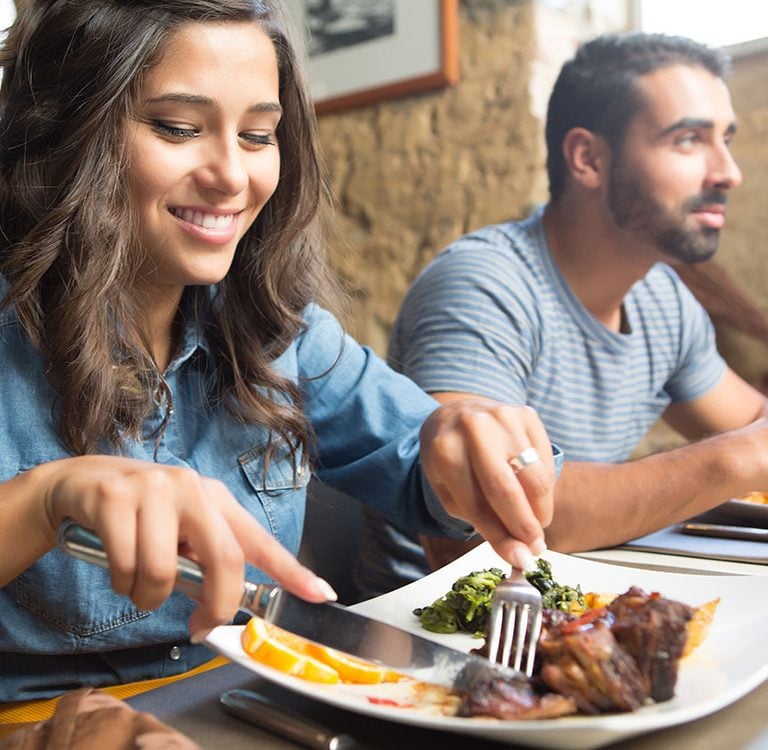
50 Ways to Lose Weight Without Exercising
From turning down the thermostat to swapping plates sizes, try these easy tricks that can help you lose weight today.

How to Manage Weight Loss Headaches
Try these tips to reduce the severity and frequency of this painful side-effect.
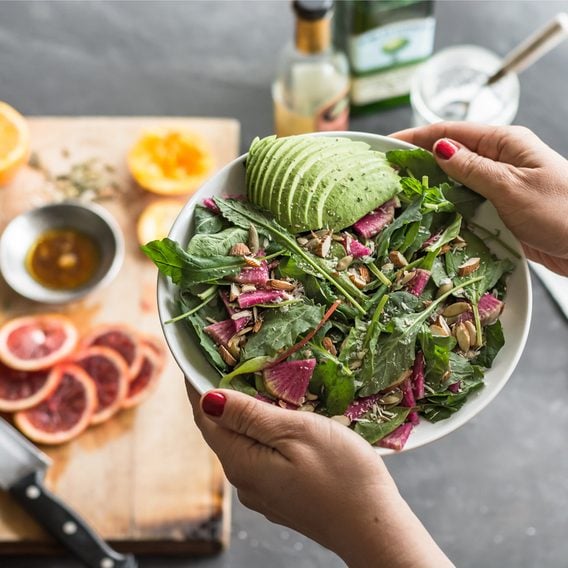
Guide to Making the Healthiest Salad
Release more fat with these key—sometimes counterintuitive—salad ingredients.
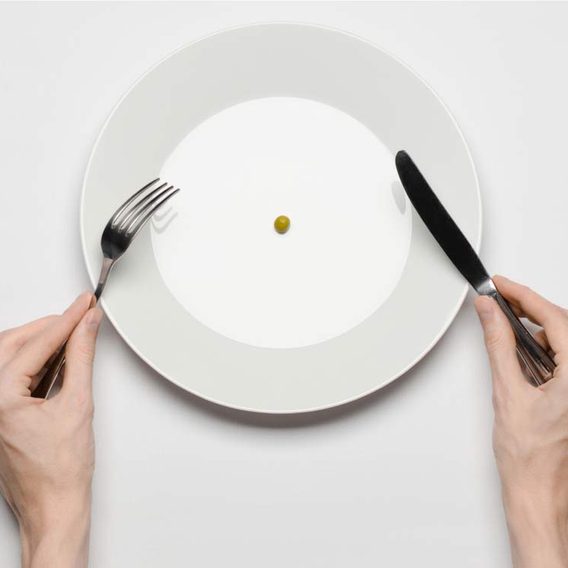
Why Fad Diets Are Bad for You
Beware—these programs can be more dangerous to your health than beneficial to it.
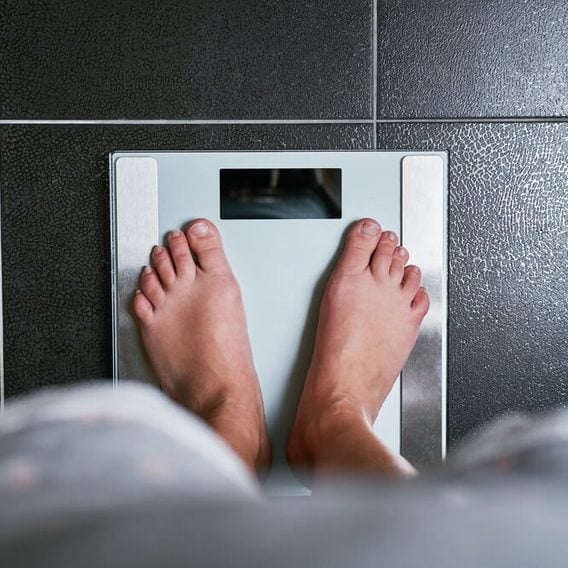
50 Sneaky Things Making You Gain Weight
If the numbers on the scale are climbing no matter what you do, these sneaky habits could be why.
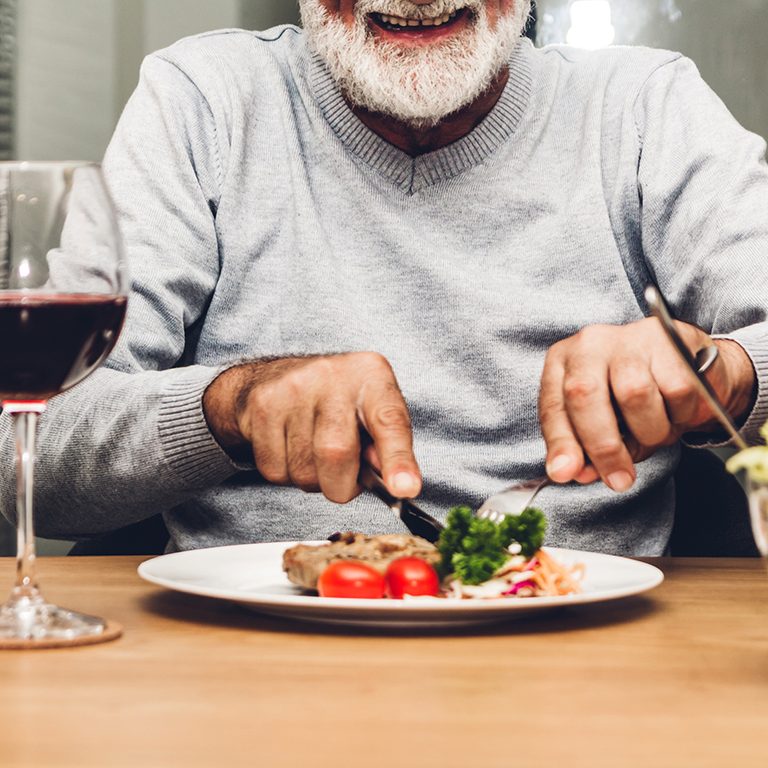
Best Tips for Mindful Eating
These simple tricks can help you eat less food and feel more satiated.
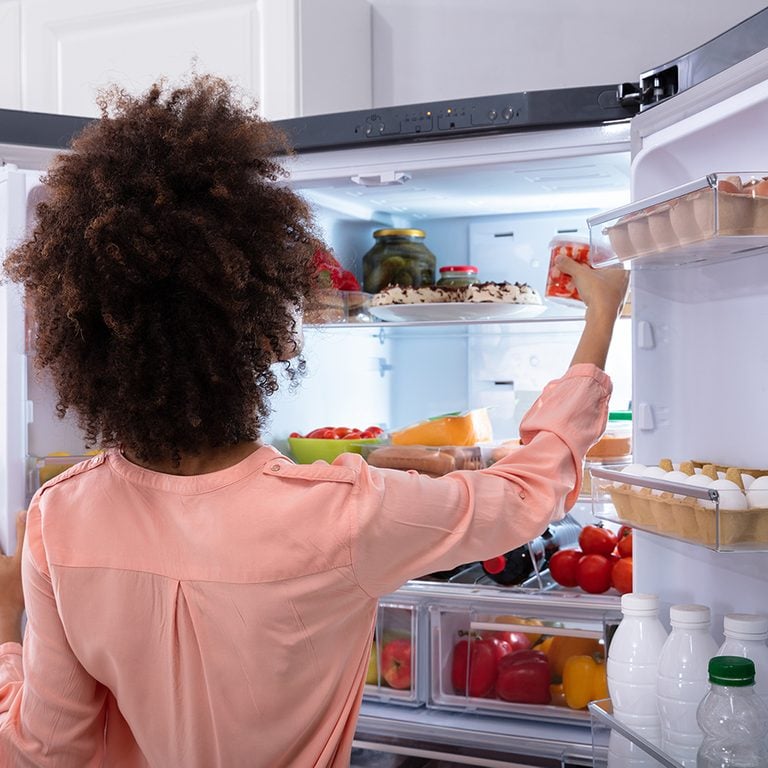
Always Hungry? Find Out the Sneaky Reasons You Can’t Stop Eating
You probably don't have a tapeworm—but it's highly likely you're engaging in these behaviours that are known to trigger the...
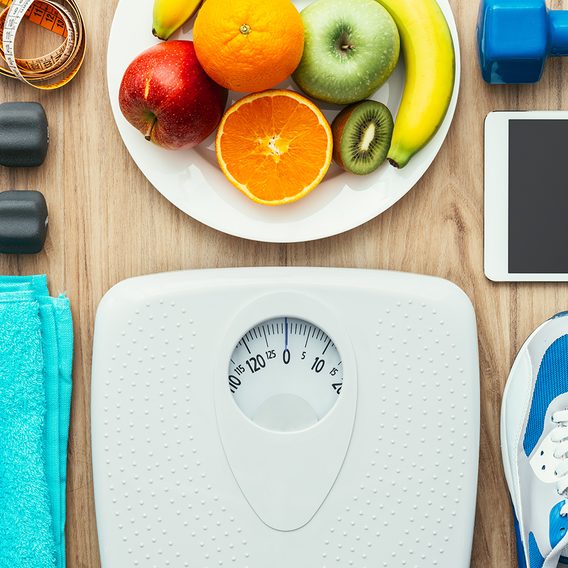
6 Tips for Losing Weight with Diabetes
Losing excess weight can improve your heart health and offer other benefits for your body, but if you have diabetes,...
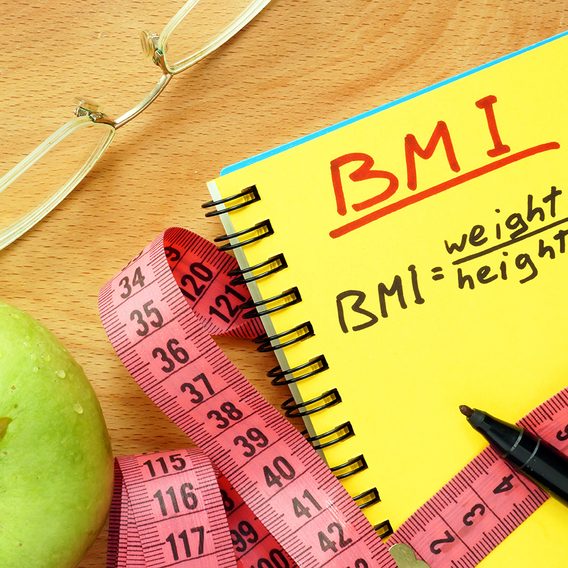
Why Body Mass Index Isn’t the Best Measure of Health
Although the metric can predict health risk for some, BMI is nearly useless for many people.
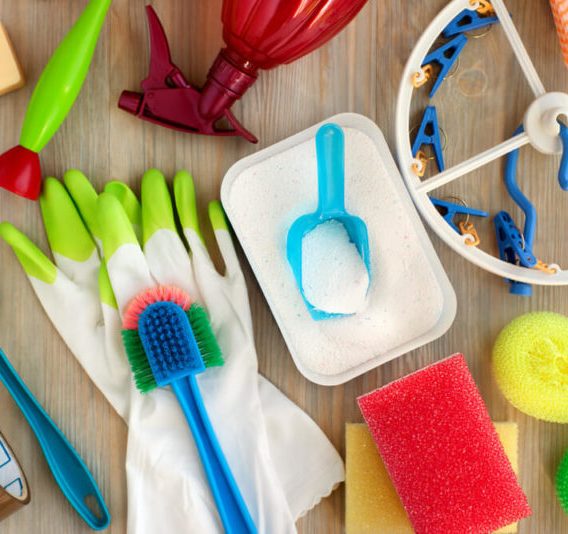
Spring-Cleaning: Here’s How Many Calories You Burn During 15 Common Chores
You can spring-clean your home and burn calories at the same time by doing several household chores, from sweeping the...
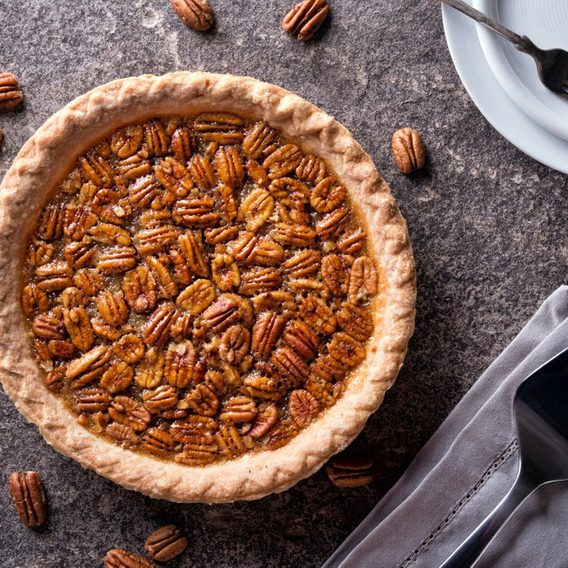
13 Holiday Foods That Aren’t Worth the Calories
'Tis the season to eat, drink, and be merry. If you're watching your waistline, however, you might want to steer...
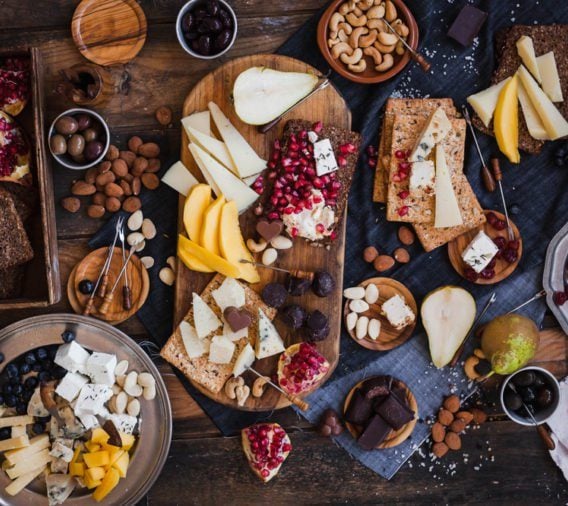
30+ Ways to Avoid Holiday Weight Gain
The holiday season means friends, family, parties—and lots of unhealthy food. These expert tips will help you avoid holiday weight...
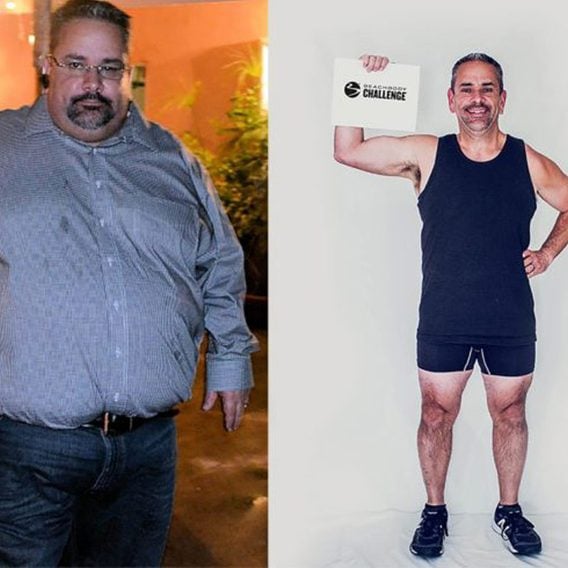
11 of the Most Inspirational Weight-Loss Transformations
Need some major inspiration to jump-start your weight-loss goals? Look no further than these motivating stories of transformation. If these...
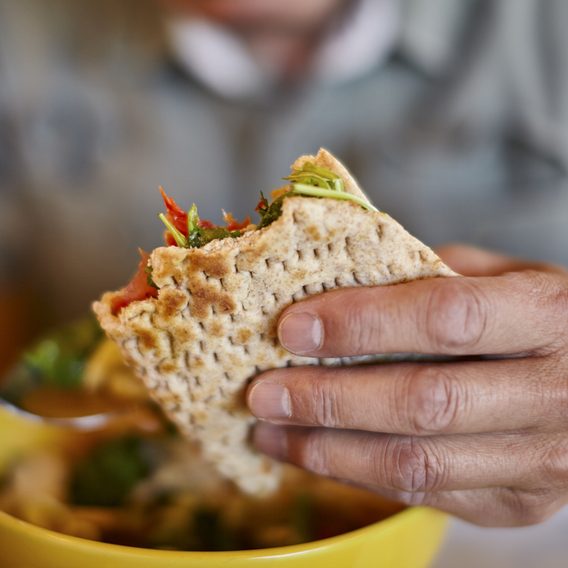
9 Natural Appetite Suppressants That Really Work
Putting the brakes on hunger naturally can help prevent overeating and the weight gain that comes with it. These expert-approved...
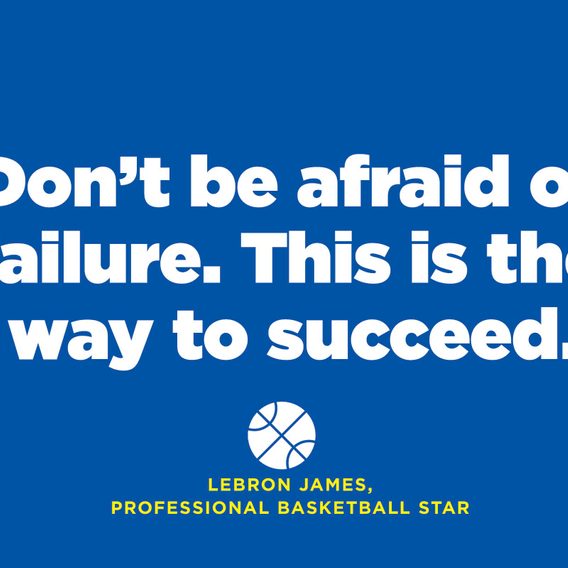
13 Weight Loss Quotes That Will Keep You Motivated
Let these professional athletes and trainers inspire you to lose that weight—and keep it off.
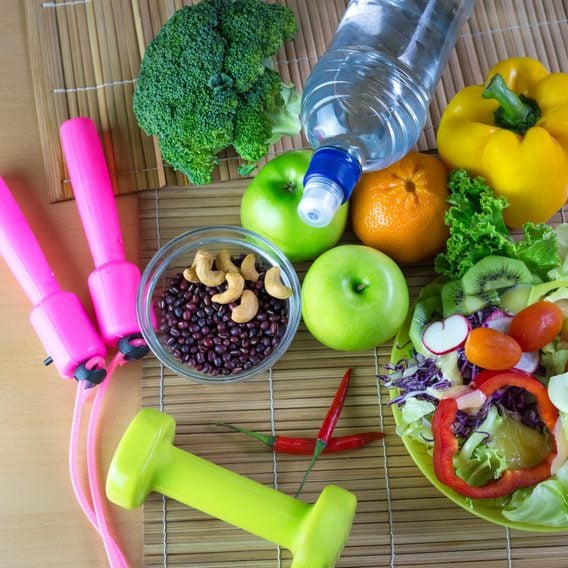
Diet or Exercise: The Final Verdict on Which Is Better for Weight Loss
Here's what science and dietitians think about the debate between diet and exercise—and which should be your biggest priority for...
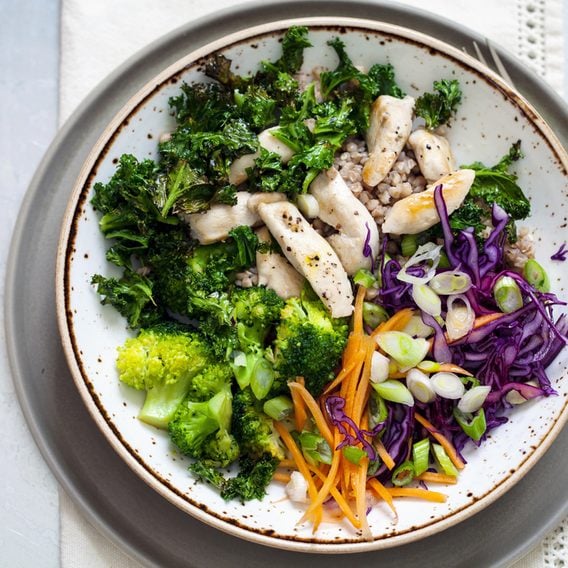
25 Simple Ways to Boost Your Metabolism
Your metabolism is like compound interest: The more you invest, the bigger your reward—in the form of effortless calorie burn....
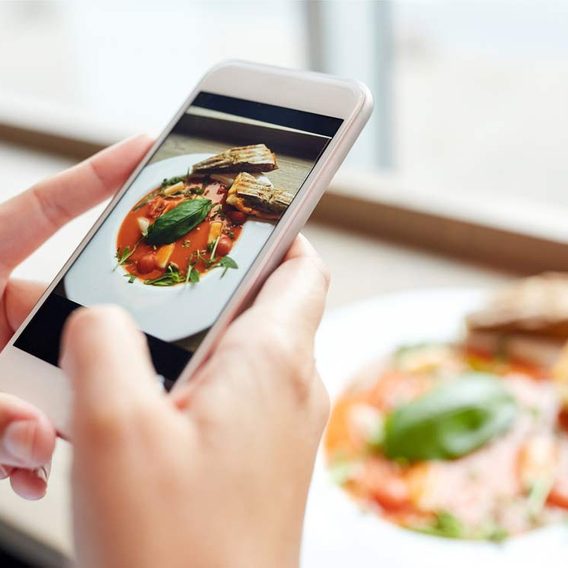
11 Bizarre Weight Loss Tricks That Actually Work
You may look crazy doing these things to lose weight, but they'll actually work for you!

6 Morning Habits of Naturally Thin People
Rise and shine! Incorporating these simple steps into your morning routine may make it easier to lose weight.
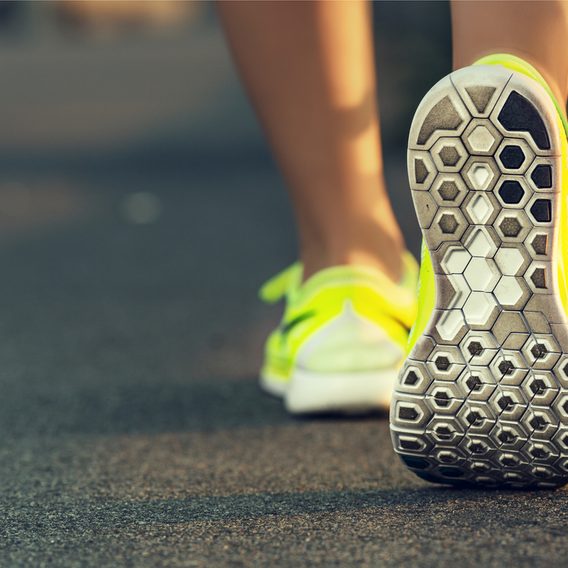
16 Ways to Lose Weight Walking
Walking may be the most popular form of exercise, but that doesn’t stop it from getting a little boring. Challenge...

5 Ways You Can Literally Lose Weight In Your Sleep
Still dreaming about your weight-loss goals? Here’s how to sleep on them to shed extra pounds.
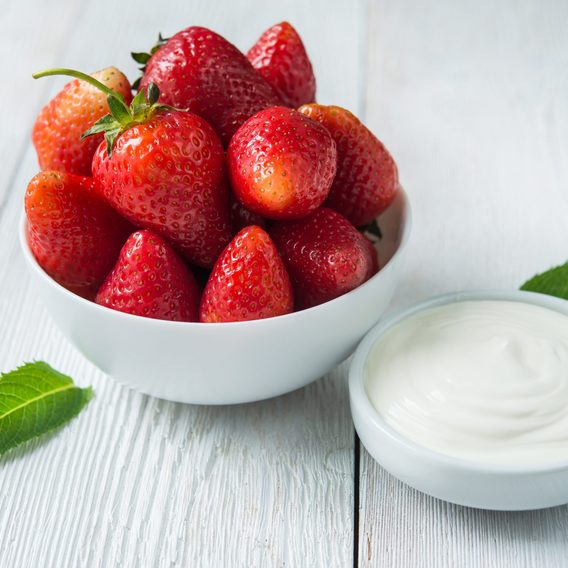
30 Ways to Cut 100 Calories
Did you know that if you shaved just 200 calories a day from your diet, you could lose 22 pounds...